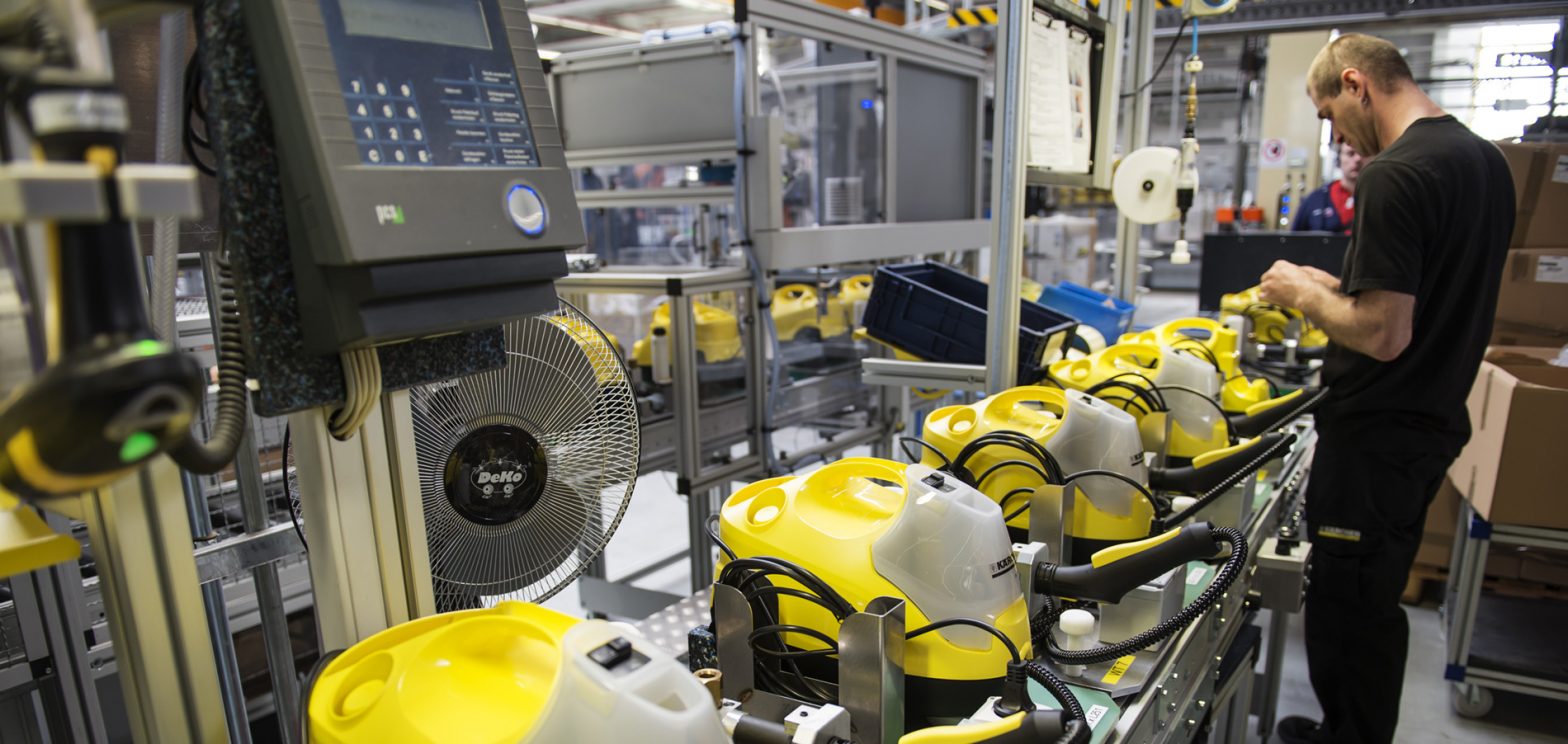Task analysis/Job dictionary:
A task analysis is a study of the tasks involved within the workplace. They are specific to the environment. Each task analysis involves an in depth investigation of the task assessing:
- worker postures,
- reach distance,
- bench heights,
- lighting,
- noise,
- temperature of the workstation,
- frequency of grip,
- lifting techniques and distances,
- weights lifted,
- rest breaks,
- job rotation and
- exposure to stressors in the environment.
Task analysis information must be accurate, succinct and easy to read. Photography analysis is used to aid in the description each task. This information is vital in the communication with offsite treaters to aid in their understanding of the workplace and each workstation, thereby encouraging early return to work and limiting unnecessary lost time.
Job dictionary
A job dictionary is the overall product of all task analysis documents devised for the workplace. It is essential in maintaining a record of the current workplace environment each worker is exposed to for the period of their employment at the organization. Subsequently, a job dictionary should be monitored and modified accordingly when changes to the workstations occurs with dates of the changes noted. All job dictionaries should be kept as records for the workplace.
Task analysis and job dictionary have an integral role in creating a healthy and safe working environment and forms the basis for the development of individualized RTW programmes, manual handling training programmes and manual handling risk assessments.

